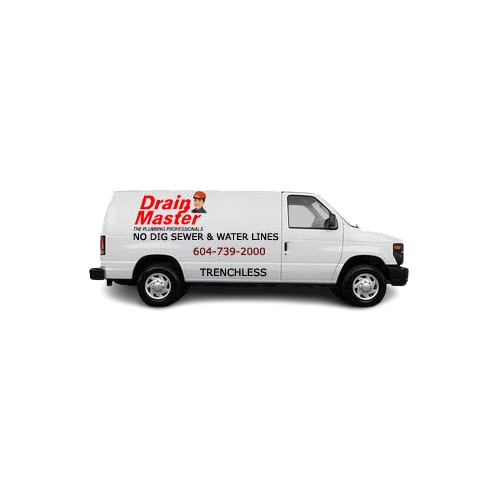General FAQ
How can a leaking underground water pipe be fixed?
HOW CAN I GUARANTEE THAT RESULTS WILL LAST AS LONG AS POSSIBLE?
What is the price to repair a broken water line?
What harm may a burst water line do?
WHAT Material ARE WATER SUPPLY LINES?
MY TAP WATER SEEM a bit dark. MAYBE MY WATER SUPPLY LINE IS LEAKING?
I AM THE OWNER OF AN OLDER HOME, STILL USING THE ORIGINAL WATER LINES. SHOULD I CHANGE THEM TO AVOID FUTURE LEAKS?
I SAW INDICATIONS OF A POSSIBLE WATER LEAK AND CALLED FOR ASSISTANCE. WHAT CAN I DO RIGHT NOW TO MINIMIZE DAMAGE?
WHAT SKILLS ARE NECESSARY FOR A REPAIR PROFESSIONAL?
What do you recommend to minimize potential water pipe damage in the future?
Do not dig near where your water lines are hidden. It is better to avoid digging in areas where your water lines are underground, including in the backyard or along the side of the home. Tell your plumber if you need to dig in these spots so they can mark the water line’s location.
Water Lines FAQ
WHEN ARE WATER LINES SUPPOSED TO BE INSPECTED?
If you’re not noticing any symptoms of problems, we usually advise a routine inspection every few years. Otherwise, call us to confirm whether there is a problem.
IS LINE INSTALLATION ALWAYS BETTER THAN REPAIR?
HOW LONG DOES A WATER LINE REPAIR TAKE?
HOW CAN BREAKS OR LEAKS IN WATER LINES BE PREVENTED?
WHAT IS THE DURATION OF THE WATER LINES?
Sewer Lines FAQ
WHICH SEWER PROBLEMS CAN BE SOLVED BY TRENCHLESS REPAIRS?
HOW LONG DO THESE METHODS TAKE TO REPAIR SEWER PIPES?
HOW DO I SET UP MY PROPERTY FOR TRENCHLESS SEWER REPAIR?
HOW ABOUT OLDER SEWER PIPES?
Sleep in Absolute Peace Wake up to Bright Sunshine
Lorem ipsum dolor sit amet, consectetur adipiscing elit. Ut elit tellus, luctus nec ullamcorper mattis, pulvinar dapibus leo.
Trenchless Experts Since 1990
- General FAQ
How can a leaking underground water pipe be fixed?
HOW CAN I GUARANTEE THAT RESULTS WILL LAST AS LONG AS POSSIBLE?
What is the price to repair a broken water line?
What harm may a burst water line do?
WHAT Material ARE WATER SUPPLY LINES?
MY TAP WATER SEEM a bit dark. MAYBE MY WATER SUPPLY LINE IS LEAKING?
I AM THE OWNER OF AN OLDER HOME, STILL USING THE ORIGINAL WATER LINES. SHOULD I CHANGE THEM TO AVOID FUTURE LEAKS?
I SAW INDICATIONS OF A POSSIBLE WATER LEAK AND CALLED FOR ASSISTANCE. WHAT CAN I DO RIGHT NOW TO MINIMIZE DAMAGE?
WHAT SKILLS ARE NECESSARY FOR A REPAIR PROFESSIONAL?
What do you recommend to minimize potential water pipe damage in the future?
Do not dig near where your water lines are hidden. It is better to avoid digging in areas where your water lines are underground, including in the backyard or along the side of the home. Tell your plumber if you need to dig in these spots so they can mark the water line’s location.
- Water Lines FAQ
WHEN ARE WATER LINES SUPPOSED TO BE INSPECTED?
If you’re not noticing any symptoms of problems, we usually advise a routine inspection every few years. Otherwise, call us to confirm whether there is a problem.
IS LINE INSTALLATION ALWAYS BETTER THAN REPAIR?
HOW LONG DOES A WATER LINE REPAIR TAKE?
HOW CAN BREAKS OR LEAKS IN WATER LINES BE PREVENTED?
WHAT IS THE DURATION OF THE WATER LINES?
- Sewer Lines FAQ


